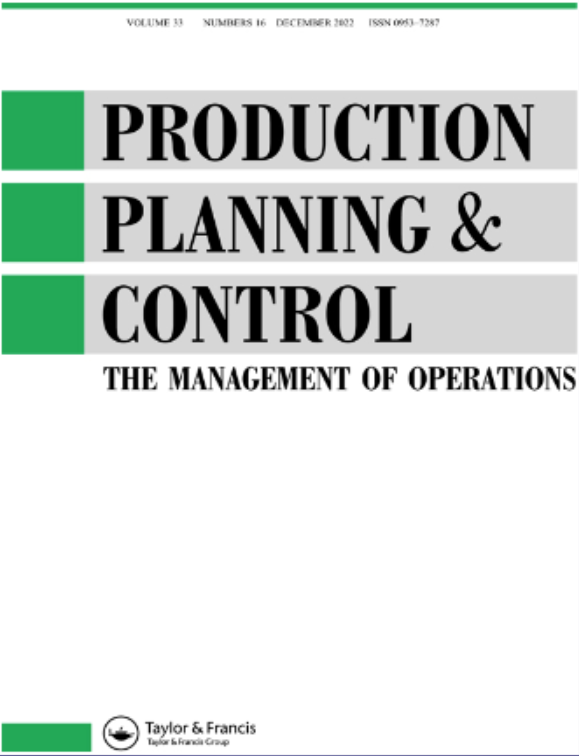参与“供应链工程师”(EfSC):来自两个工程师到订单制造商的见解
IF 5.4
3区 管理学
Q1 ENGINEERING, INDUSTRIAL
引用次数: 0
摘要
“供应链设计”(DfSC)的实践旨在将战略采购整合到制造商的新产品开发(NPD)流程中。然而,关于这一主题的文献主要集中在涉及大批量、标准化产品的情况下,而工程师到订单(ETO)的情况只受到有限的关注。正如本文所述,这构成了文献中的空白,因为来自大量标准化上下文的发现可能无法直接适用于ETO上下文。为了支持这一说法,一个案例研究的方法是用来探索DfSC在两个ETO制造商。本文将这种实践称为“供应链工程师”(EfSC),并确定了它包括四个维度:(1)考虑新产品开发中的战略采购,(2)新产品开发中的采购功能的表示,(3)研发和采购功能之间的合作,以及(4)采用考虑新产品开发中的战略采购的方法。尽管这些维度与DfSC的文献部分重叠,但EfSC的特征不同,最明显的是要求在新产品开发的产品设计阶段之前考虑战略采购,以及鼓励这种考虑的程序。最后,本研究确定了各维度之间的关系,并为参与EfSC制定了一个整体的四步流程。本文章由计算机程序翻译,如有差异,请以英文原文为准。
Engaging with ‘Engineer for Supply Chain’ (EfSC): insights from two engineer-to-order manufacturers
The practice of ‘Design for Supply Chain’ (DfSC) aims at integrating strategic sourcing into manufacturers’ new product development (NPD) processes. The literature on this topic, however, mainly focuses on contexts involving high-volume, standardised products, while the engineer-to-order (ETO) context has received only limited attention. As argued in this paper, this constitutes a gap in the literature since the findings from high-volume, standardised contexts may not be directly applicable to the ETO context. To support this claim, a case study approach is used to explore DfSC in two ETO manufacturers. This paper terms this practice ‘Engineer for Supply Chain’ (EfSC) and identifies four dimensions that it comprises: (1) consideration of strategic sourcing in NPD, (2) representation of the sourcing function in NPD, (3) collaboration between the R&D and sourcing functions, and (4) adoption of methods for considering strategic sourcing in NPD. Although these dimensions partly overlap with the literature on DfSC, the characteristics of EfSC differ—most notably by requiring the consideration of strategic sourcing before the product design stage of NPD, as well as procedures that encourage this consideration. Finally, the study identifies relationships among the dimensions and develops a holistic four-step process for engaging with EfSC.
求助全文
通过发布文献求助,成功后即可免费获取论文全文。
去求助
来源期刊

Production Planning & Control
管理科学-工程:工业
CiteScore
19.30
自引率
9.60%
发文量
72
审稿时长
6-12 weeks
期刊介绍:
Production Planning & Control is an international journal that focuses on research papers concerning operations management across industries. It emphasizes research originating from industrial needs that can provide guidance to managers and future researchers. Papers accepted by "Production Planning & Control" should address emerging industrial needs, clearly outlining the nature of the industrial problem. Any suitable research methods may be employed, and each paper should justify the method used. Case studies illustrating international significance are encouraged. Authors are encouraged to relate their work to existing knowledge in the field, particularly regarding its implications for management practice and future research agendas.
 求助内容:
求助内容: 应助结果提醒方式:
应助结果提醒方式:


